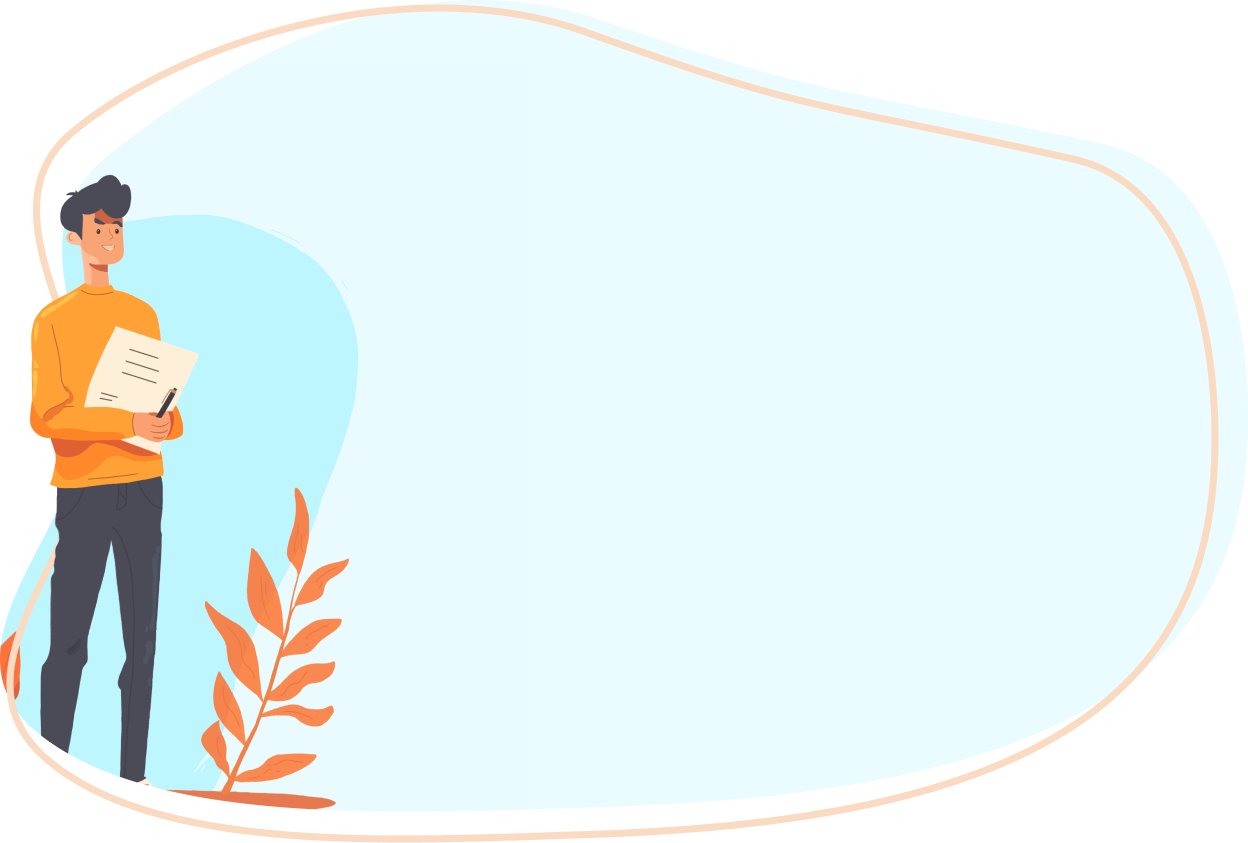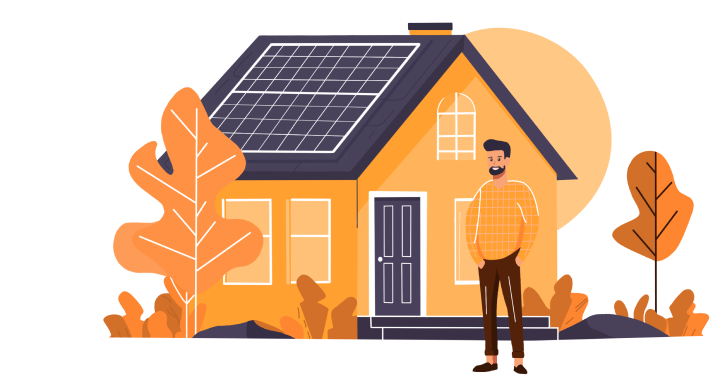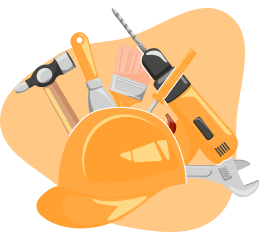Chances are, you have more than a few friends or neighbors who are happy with their solar system installation. Now, you're wondering if the benefits outweigh the initial cost of solar installation, especially in the long term.
At Solar Energy Host, we know that switching to green energy is a big task, but with the right provider, affordable solar setup is within reach. So if you're still on the fence about investing in a residential solar setup, read on.
#1: Potential for long-term financial savings
Reduces your electricity costs over time
Investing in a solar system installation can, over time, significantly lower or even eliminate your electricity bills. While the initial cost of installing solar panels could be quite high, homeowners eventually offset this thanks to the savings experienced on their monthly electricity bills.
Once installed, your home solar installation will start generating electricity from sunlight, reducing the amount of power you need to buy from your utility company. This immediate reduction in energy bills can make a big difference, especially as energy prices continue to rise. Over the years, these savings can add up and eventually cover the cost of your solar installation.
That said, solar panel cost savings can vary per homeowner, depending on local electricity rates, your home's typical energy consumption and the energy produced.
Rebates and other incentives
To further sweeten the deal, various government incentives and rebates are generally available to help offset the cost of a solar system installation. These could help significantly reduce your upfront investment.
The potential financial perks don't stop at installation, though. Many local governments offer tax credits for installing solar panels, while some utility companies provide rebates to encourage people to get a solar panel system setup, sometimes covering a significant portion of the installation cost. You can speak with your preferred solar installer to learn more potential discounts.
But what about any excess energy generated by your solar system installation? With net metering, you may be able to sell excess energy from a panel solar installation back to the grid, creating another stream of savings.
#2: Potential to save (or enhance) property value
Boosting market value
Homebuyers today are increasingly drawn to properties that offer long-term energy savings and a reduced carbon footprint. Solar panels provide these benefits, which may make homes with a solar system installation more attractive in the real estate market.
A solar-powered home means a future of lower utility bills and environmental responsibility. Monthly electric bill savings and a decrease in carbon emissions are pretty compelling selling points. These could make your property more appealing to environmentally-conscious buyers, potentially leading to a higher resale value.
The appeal of self-sustaining homes
As society moves toward more sustainable living, the demand for eco-friendly, self-sustaining homes is only getting higher. A solar system installation positions your home as a modern, forward-thinking property, which can be great for buyers who prioritize environmental impact and energy efficiency.
#3: Doing your small part to save the Earth
Reduced carbon footprint
When you install solar panels, you can access a renewable energy source that generates electricity without emitting greenhouse gasses. A solar system installation could help homeowners like you significantly reduce their carbon footprint. Each kilowatt-hour (kWh) of solar energy produced prevents the emission of CO2 and other pollutants like sulfur oxides and nitrogen oxides.
Impact on local ecosystems and sustainability initiatives
Switching to solar energy supports broader sustainability goals by reducing reliance on fossil fuels and promoting renewable energy. Rooftop solar installations are particularly ideal because installers don't need to clear any additional land. This may help to keep natural habitats untouched and reduce urban heat island effects.
Moreover, supporting renewable energy through solar installations helps drive innovation and investment in green technologies, fostering a more sustainable future for everyone. With the installation of solar panels, homeowners are not just saving money but also contributing to a healthier planet.
Frequently Asked Questions (FAQ)
How does a solar power system work?
A solar power system converts sunlight directly into electricity using photovoltaic (PV) cells. The main components of a typical solar setup include:
- Solar panels contain PV cells made of semiconductor materials like silicon. When sunlight hits these cells, it generates direct current (DC) electricity.
- An inverter, which converts the DC electricity produced by the solar panels to alternating current (AC) electricity. To put it simply, this is what powers your home and integrates with the grid.
- Finally, there are electrical components like wiring, meters and other accessories that connect the solar panels to the inverter and your home's electrical system.
Can solar panels work during a power outage?
Solar panels alone will not provide power during a blackout if you are connected to the grid. This is because grid-tied solar installation systems automatically shut off during outages to prevent back feeding electricity into the grid, which could put utility workers in danger.
You have a few options, however. An off-grid solar installation with batteries can operate independently and can provide power during an outage. The solar panels charge the batteries, which then supply electricity to your home.
You can also add a battery backup system to store excess solar energy. In the absence of power, these batteries can keep the lights (and more) on for several hours—or even days, depending on various conditions. Whether you have a complex, custom installation or a reliable but cheap solar installation, consider these backup methods so your solar panels can help in the case of an outage.
How does shading affect solar panel performance?
Solar panels perform best under direct sunlight, but shading can impact their efficiency. However, this doesn't necessarily mean shaded areas are off-limits for solar installations.
Licensed solar installers can assess your property to find the best placement for your panels so they get the maximum energy yield despite shading. They'll take into account factors like the position of trees, buildings, and other potential obstructions before coming up with a layout.
Some installers might use other tools to help crank up the output in partially shaded conditions. Microinverters convert DC to AC at the panel level, reducing the impact of shading on the entire system. Meanwhile, power optimizers can maximize the power output of each panel.
Enjoy solar savings with Solar Energy Host
At Solar Energy Host, we're dedicated to making solar energy accessible, affordable, and straightforward for homeowners. By connecting you with top local solar installers, we ensure that you receive competitive quotes tailored to your specific needs.
Simply enter basic information to get connected with solar providers in your area. We then deliver quotes from multiple providers so you get the best rates. Once you've chosen an offer for your home and budget, you can begin saving with solar energy.
It's time to think green. Solar Energy Host helps you unlock substantial savings and a brighter, more sustainable future. Reach out to us today!














